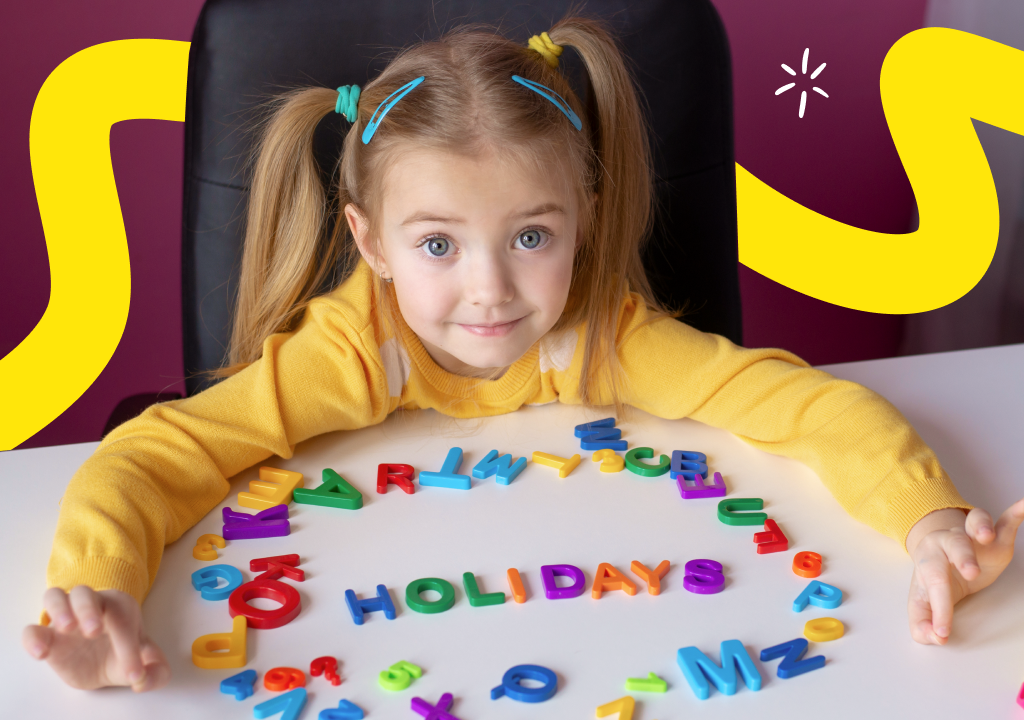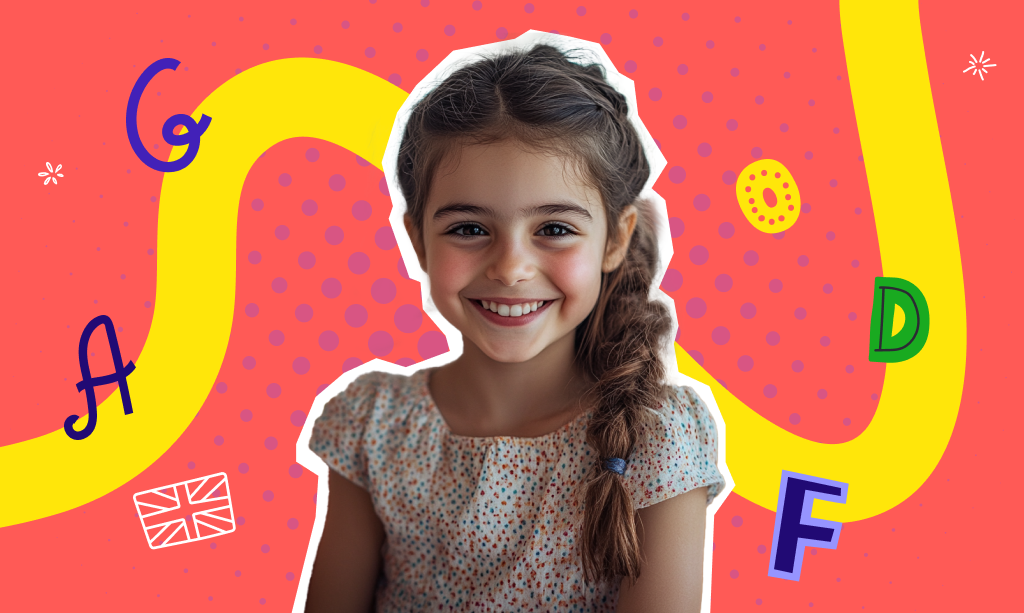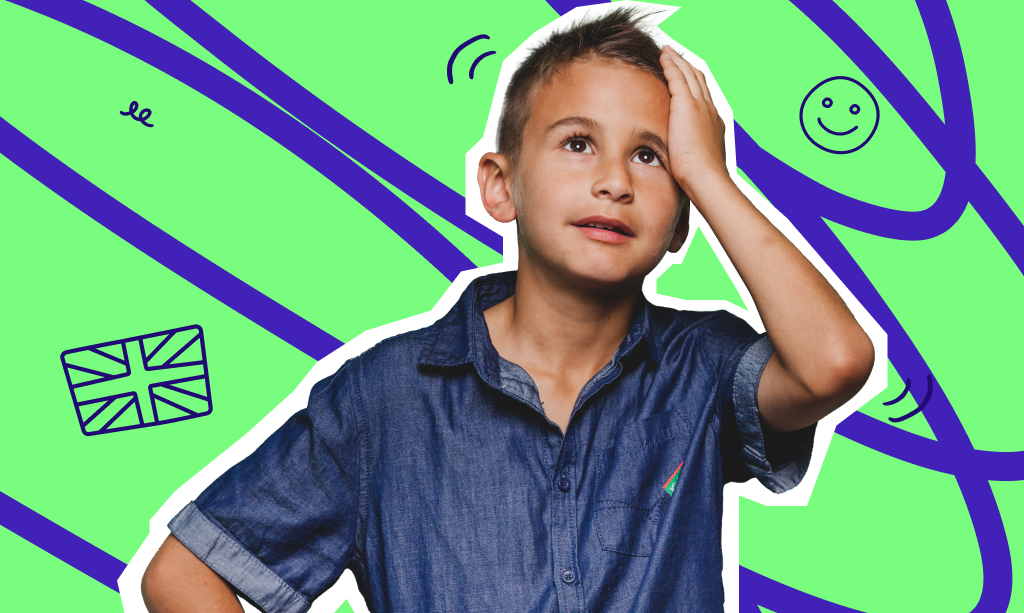Help your child build a strong vocabulary with fun activities, daily conversations, and creative writing ideas. Learn practical tips to boost language skills at any age.
Vocabulary development is a key part of a child’s language and communication skills. The words children learn shape how they understand the world and express their thoughts and feelings. A strong vocabulary allows kids to communicate more effectively, helping them connect with others and confidently share their ideas.
Building a rich vocabulary does more than improve speaking skills—it lays the foundation for reading, writing, and academic success. Children with a strong vocabulary find it easier to understand what they read, express themselves in writing, and engage in classroom discussions. This advantage helps them thrive not only in school but also in everyday life.
In this article, we’ll explore different ways to help kids expand their vocabulary. With the right strategies, you can make learning new words fun while still setting them up for long-term success.

How Kids Develop a Vocabulary Word Bank
Children build their vocabulary word bank through everyday experiences and interactions. They learn words by listening to conversations, reading books, and exploring their environment. Repetition and context play a big role—hearing a word multiple times in different situations helps kids understand its meaning and usage.
Parents and teachers can support this process by introducing new words during play, daily routines, and storytelling. Encouraging curiosity and answering questions about unfamiliar words also help expand their vocabulary naturally. Over time, these small steps add up, creating a strong foundation for language development.
The Stages of Vocabulary Growth
From birth to early childhood, kids learn words through interaction with caregivers, family members, and the world around them. These stages help shape their ability to communicate as they grow.
In the early stages, babies begin with their first words around 12 months, usually simple words like “mama” or “ball.” As toddlers reach 18 to 24 months, they start combining words into short phrases, like “want cookie” or “big truck.” Around age three, children begin expanding their sentences, using more complex structures such as “I want to play outside” or “Can we go to the park?”
By age four or five, children’s vocabulary continues to grow rapidly, and they begin using more descriptive words and understanding concepts.
Each stage builds on the last, with regular exposure to language helping children acquire new words and use them confidently. These milestones are essential for laying the foundation for reading, writing, and academic success.
Everyday Practices to Build Vocabulary
To help children build a strong vocabulary, it’s important to incorporate a variety of practices and activities into their daily routines. These activities not only make vocabulary development enjoyable but also provide meaningful opportunities for children to practice and expand their language skills in everyday settings.
Below are some effective strategies to help your child grow their vocabulary.
Talking Together: Talking with your child regularly is one of the best ways to help them learn new words. Encourage them to share their thoughts and ask open-ended questions like, “What did you do today?” or “How did that make you feel?” These questions help kids think more deeply and use new words to explain themselves.
Reading Aloud: Reading books together is a great way to teach new words. As you read, explain any words your child doesn’t know so they understand their meaning. For example, if a character is “gloomy,” you could say, “Gloomy means feeling sad.”
Using Descriptive Language: Help your child learn more words by using detailed descriptions. Instead of just saying “big,” try words like “huge,” “massive,” or “enormous.” When kids hear more descriptive words, they start to understand the different ways to say things.
Fun Activities to Expand Vocabulary
Word Games: Play word games like Scrabble Junior, Pictionary, or word-matching games to make vocabulary-building fun. These games encourage children to think about words in creative ways.
Labeling: Labeling common household objects is a simple but effective way to teach new words. Put labels on things like the door, window, or refrigerator so your child can see and learn the names of everyday items.
Storytelling: Create stories together using new vocabulary. Whether it’s making up a fun adventure or retelling a favorite tale, encourage your child to use newly learned words as they build the story. This helps them practice using vocabulary in different contexts.
Incorporating Technology for Vocabulary Building
Apps and Websites: There are many apps and websites that can help expand your child’s vocabulary, too. For example, Lingokids and PBS Kids offer games and activities that teach new words while keeping learning fun.
Audiobooks and Podcasts: Listening to audiobooks or podcasts designed for children is another great way to introduce new vocabulary. These audio resources often use clear, slow speech and engaging stories to teach words in context.
Encouraging Curiosity About Words
Encouraging your child to be curious about words is a very important part of their vocabulary growth. When children ask, “What does that word mean?” they are actively learning and trying to understand more about the language. This habit helps them grow their vocabulary and develop a love for learning new words.
A fun way to encourage this is by keeping a “Word of the Day” board. Each day, introduce a new word, explain what it means, and encourage your child to use it in a sentence. This activity helps make learning new words exciting and gives your child a chance to practice using them. It’s a big part of building strong communication skills and helps with their overall learning and success in school.
The Role of Parents and Caregivers
As a parent, always remember that you also play a big role in helping children build a strong vocabulary. One of the best ways to support language growth is by being a role model—use varied vocabulary in your daily conversations with your child. The more words they hear, the more they will learn and start using themselves.
It’s also important to praise and reward your child’s efforts to use new words. Positive reinforcement encourages them to keep trying and helps build their confidence.
Finally, foster a love of language by making learning fun and engaging. When children enjoy learning new words, they are more likely to continue developing their vocabulary!







































